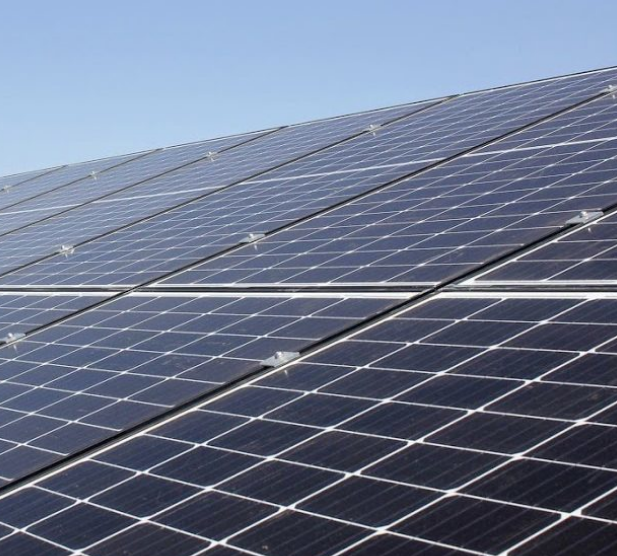
Big power price savings confirmed in landmark official report
The national body, responsible for regulating the entire electricity industry in Australia, the Australian Energy Regulator’s (AER), has returned its draft decision on the long running and comprehensive review of embedded networks .
It found customers achieved an average discount to the default market offer (DMO) of 14% delivering overwhelmingly positive for embedded networks.

Embedded Networks: powering our cities of the future
Our cities are running out of land. It’s a case of building up, not out, to protect our green space and minimise urban sprawl. Of course, that means more high and medium density living. And this is where embedded networks come into their own.
At its core, an embedded network is a private electricity network, or microgrid. There is one connection point to the grid and the power is shared to a defined area, commonly an apartment complex, office tower or shopping centre. The building owner or operator buys power in bulk from an embedded network operator. The savings from this ‘bulk buying’ are then passed on to the building residents or tenants.

Embedded Networks: a global evolution
On the path to Net Zero, modern countries are looking at cutting edge methods of electricity distribution promoting sustainability, reliability and efficiency.
Right now, Australia is leading the way. Embedded networks allow private investment in solar power, battery storage and EV charging, while reducing power bills for customers.
But while Australia is now reviewing regulations for embedded networks, other countries are encouraging them with generous incentives.

Powering affordability, sustainability, and community living
Embedded networks are also poised to play a pivotal role in the long-term transition to a sustainable energy future. By enabling investments in solar, batteries, and other distributed technologies, these specialised systems unlock the ability to share clean energy resources across communities. This not only reduces emissions, but also empowers residents and businesses to shape a more sustainable tomorrow.

Embedded networks powering affordability, sustainability, and community living
One of the key benefits embedded networks provide to residents is lower energy prices. By leveraging economies of scale and securing long-term energy contracts, embedded network operators can offer customers rates that are significantly lower than the default market offer.

Installations for stratas are expected to reduce costs upwards of $150,000
Increases in electricity costs effective July 2017 have affected all business’ and body corporates. Unfortunately, the increases in electricity cost’s are not set to reduce anytime soon. Meaning energy reduction solutions are becoming a must for SMB’s and body corporates.
